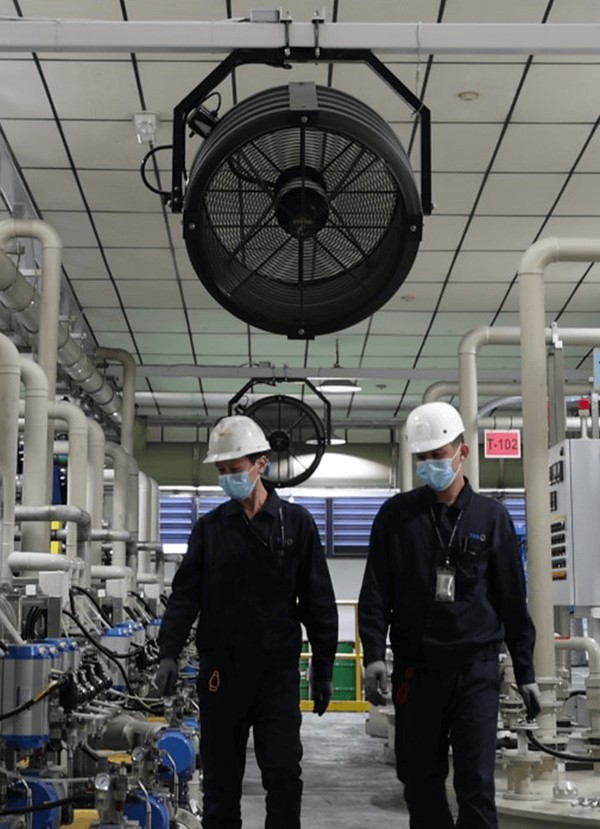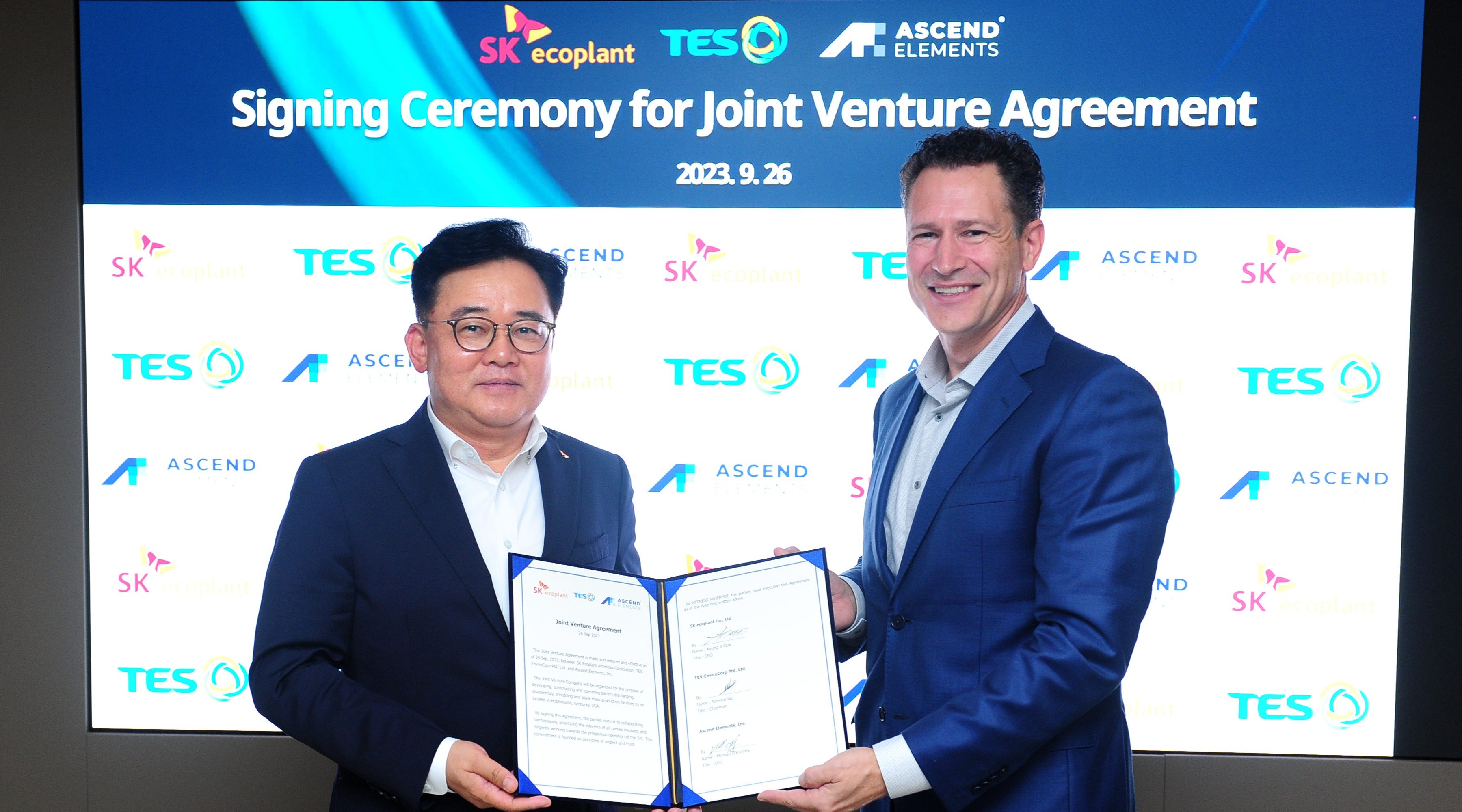

Discover how our 'SK tes B' Battery Recycling Facility in Singapore, is closing the loop on Lithium...

Having a deep understanding of local legislation and Basel Convention Regulations on waste and hazardous commodities requires a high level of expertise. We're experts at navigating the complex landscape of waste compliance and hazardous goods regulations, enabling us to analyze your supply chain and design solutions that are tailored to your specific needs.
A global agreement, established to decrease the transportation of harmful waste across borders, regulates the movement of batteries. As responsible, international Li-ion battery recyclers, we possess notifications, licenses, and export confirmations required to manage compliant and responsible global battery movements.
With an extensive global processing footprint of owned and operated sites and a network of logistics partners, we provide packaging, collection, storage, consolidation, and handling of your lithium-ion batteries around the world.
SUSTAINABILITY
SUSTAINABILITY
Recognizing leadership and innovation in sustainability initiatives, SK tes has risen above formidable competition to garner recognition. Our battery recycling technology has been honored with awards, including Sustainability Service of the Year from the Business Intelligence Group, SEAL's Business Sustainability Award, the Green Organization's Green World Award, the Edison Award, and the UN Global Compact's Apex Award.
Our commercial battery recycling facility in Singapore has the capacity to handle 14 tonnes of Lithium-ion batteries or the equivalent of 280,000 smart phones each day.
If 10kgs of batteries go into our process, we're able to capture 9kgs of usable commodity material in the recycling process - achieving 90% recovery rates.
The purity of products like cobalt and lithium are 99%. Standards so high they can be purified for reuse in the production of new batteries.
SK tes has announced investments in battery recycling facilities will increase capacity to 40,000 tons annually in response to growth in the electric vehicle industry.
Stay up to date with lifecycle recycling policies, procedures and best practices, latest initiatives, technologies and solutions.


Discover how our 'SK tes B' Battery Recycling Facility in Singapore, is closing the loop on Lithium...


U.S.-based Ascend Elements is partnering with South Korea-based SK ecoplant and its e-waste...